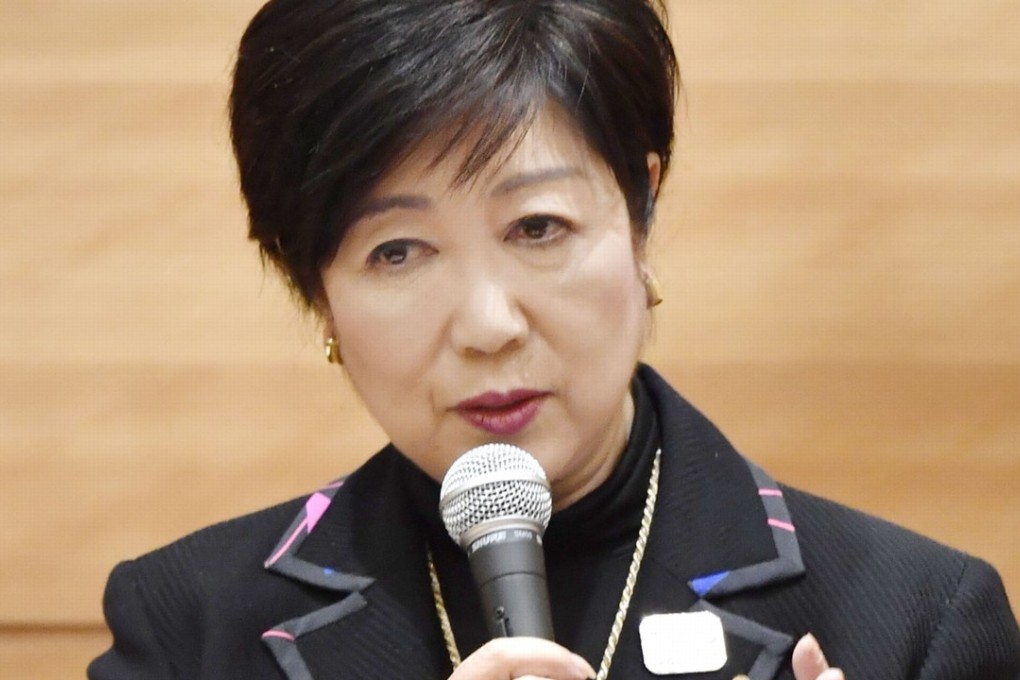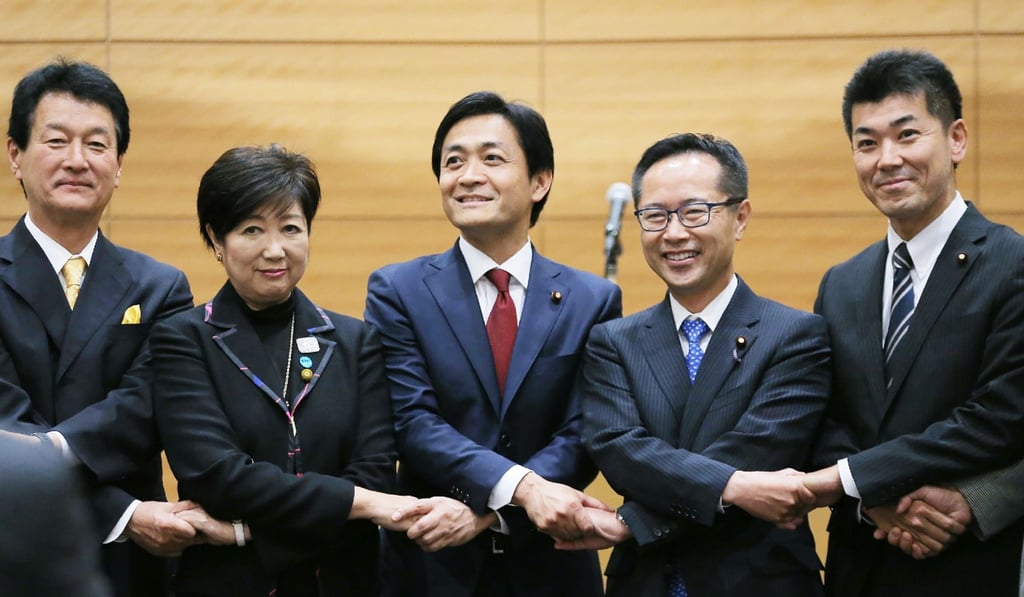Tokyo Governor Koike resigns as head of fledgling Japan opposition ‘Party of Hope’
Her ‘Party of Hope’ came a distant third to Prime Minister Shinzo Abe’s ruling party in a general election last month

Tokyo Governor Yuriko Koike, once seen as possibly becoming Japan’s first female prime minister, has stepped down as leader of her party after suffering a crushing election defeat last month, Japanese media reported on Tuesday.
Koike, 65, announced her decision at a televised meeting of her party legislators, also attended by Yuichiro Tamaki, who was recently elected as Party of Hope co-president.
“I want to leave national political matters to Diet members. I founded the party, but I will step down as representative and support you all in an appropriate manner,” she told the meeting. “I want to leave things to President Tamaki.”

Tamaki expressed hope Koike will continue to be involved in managing the party as an adviser.
Koike told reporters she had finished her “responsibilities as the founder”.